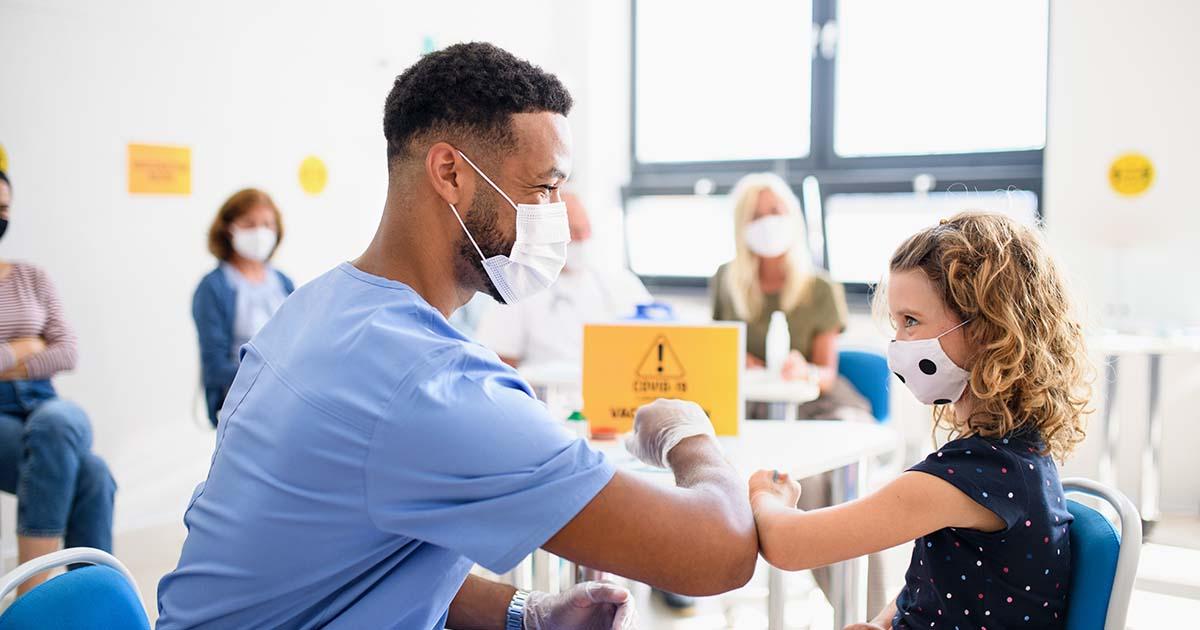What to Know before Taking the Covid Vaccine
Introduction
The covid vaccine is an effective tool to protect us from being infected and getting sick even after we have had an infection. The vaccine fights against the infection by boosting our immunity. Even if we get infected, the boosted immunity helps us get back to normal. Today, the mass Covid vaccination campaign is going on worldwide to achieve herd immunity (protective antibodies against infection). So, people are now concerned about the vaccination. Many questions arise in them before taking the Covid vaccine. The information in this article will help you prepare for the Covid-19 vaccination.
Who Can Get the Covid Vaccine
The Covid vaccines are recommended as safe for most people who are 18 years and older. Patients who are suffering from hypertension (blood pressure), diabetes, kidney disease, asthma, pulmonary disease, liver disease, and chronic infections can get the Covid vaccine if their diseases are in stable condition or in control. Pregnant women are at a high risk of Covid-19, so they should be vaccinated on a priority basis unless they experience any conditions for which people are not recommended to get vaccinated (the conditions are noted in the below section, “Precautions before Taking Covid Vaccine”).
Who are in High-Risk Group of Covid-19
The people with the following conditions are at a high risk of Covid-19 infection, severe illness, and death caused by the virus, so they should also be vaccinated on a priority basis:
- Diabetes
- Chronic kidney disease
- Pregnancy
- Long term lung diseases, i.e. asthma, Chronic Obstructive Pulmonary Disease (COPD), bronchiectasis, and cystic fibrosis
- Long term liver diseases, for example, liver cirrhosis and hepatitis
- Long term heart disease, i.e. hypertension, congenital heart disease, heart failure, peripheral arterial disease
- Learning disabilities
- Severe obesity with a BMI rate of 40 or above
- Diseases affecting the brain and nerves, i.e. stroke, Parkinson’s disease, dementia, motor neuron disease, multiple sclerosis
- Severe mental diseases, for example, schizophrenia and bipolar disorder
- Treatments for HIV, lupus, psoriasis, or rheumatoid arthritis.
Precautions before Taking Covid Vaccine
- Don’t go for the vaccination if you have a severe allergic reaction to any ingredients of the Covid-19 vaccine or any other vaccine. In such cases, consult a doctor.
- Don’t take the vaccine if you have symptoms of Covid-19 (however, you can get vaccinated after you recover from Covid-19)
- Don’t get vaccinated if you have any emergency medical conditions (situations to hospitalize).
- Go for the vaccination after taking a full night rest with sound sleep.
- Get vaccinated after eating and drinking well, so that you feel better all day long after taking the vaccine.
- Take the vaccine while you are in steady (normal) blood pressure and blood sugar level.
- Inform the health care professional if you have any medical conditions, i.e. pregnancy, a compromised immune system.
- Ensure other Covid-19 precautionary measures, such as wearing a mask, maintaining physical distance, sanitizing hands, etc.
Precautions after Taking COVID Vaccine
- Stay at the vaccination center for 15 minutes after you have your first vaccine shot. The health care provider should observe you at the time if you have any immediate reactions. Make sure you don’t have any immediate reactions before leaving the center.
- Take mental preparation for some Covid-19 vaccine side-effects. You may experience some side effects that heal within a few days on your own. Some common side-effects may include:
- Pain at the injection site
- Headaches
- Mild fever
- Nausea (urge to vomit)
- Diarrhea
- Fatigue (tiresome feeling)
- Muscle or joint aches
- Allergic reaction
- Chills (a feeling of being cold without any certain reasons).
- Consult a doctor immediately if any symptoms continue more than a few days or you experience any severe reactions.
- Maintain physical distance, wear masks, and follow other Covid-19 health guidelines as before because there are records of being infected and transmitting the Covid virus even after the vaccination. However, the ratio of infection and transmission is 10% to 15%.
Covid-19 Vaccine Dose Interval
The table below shows the time between COVID vaccine doses.
Vaccine |
Doses Required |
Dose interval |
Success Rate |
Interchangeability |
Sinovac Vaccine Dose |
2 doses (0.5 ml) | Between 2 to 4 weeks after the 1st dose administered | 51% | No |
Sinopharm Vaccine Dose |
2 doses (0.5 ml) | Between 3 to 4 weeks after the 1st dose administered | 79% | No |
Pfizer Biontech Vaccine Dose |
2 doses (0.5 ml) | Between 3 to 6 weeks after the 1st dose administered | 95% | No |
Moderna Vaccine Dose |
2 doses (0.5 ml) | 4 weeks after the 1st dose administered | 94.1 | No |
Johnson and Johnson Vaccine Dose |
1 dose (0.5 ml) | Not applicable | 85% | No |
AstraZeneca Vaccine Dose |
2 doses (0.5 ml) | 12 weeks | 63% | No |
Sputnik V Vaccine Dose |
2 doses (0.5 ml) | 3 months | 97.6% | No |
Get Certified for Covid Vaccination
After you take the full dose of any Covid-19 vaccines, you will be certified as fully vaccinated. This certification will help you get access to home and abroad, which will be of tremendous help for you amid the Covid-19 movement restriction. Moreover, your health care providers may also ask you to provide the Covid-19 vaccination certificate to give you the proper treatment or to complete other treatment processes. Furthermore, The certification will give you access to many different organizations. So, don’t forget to get certified.




